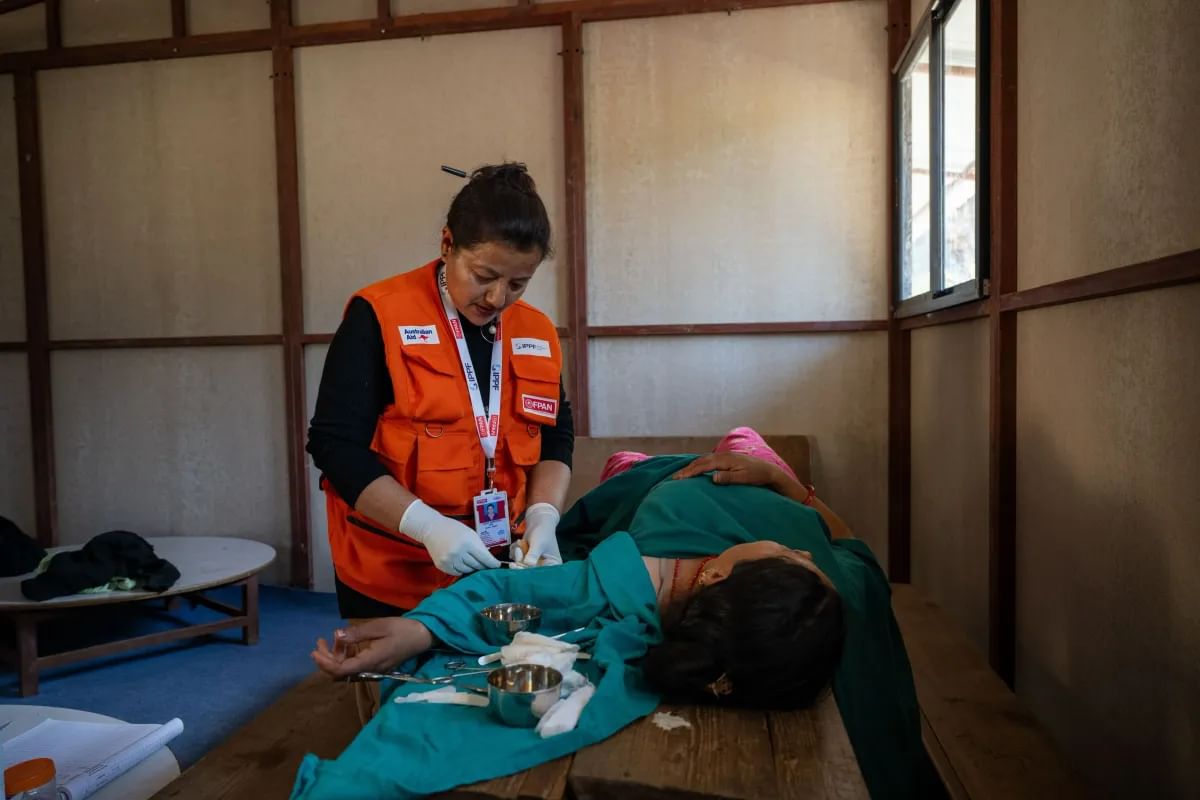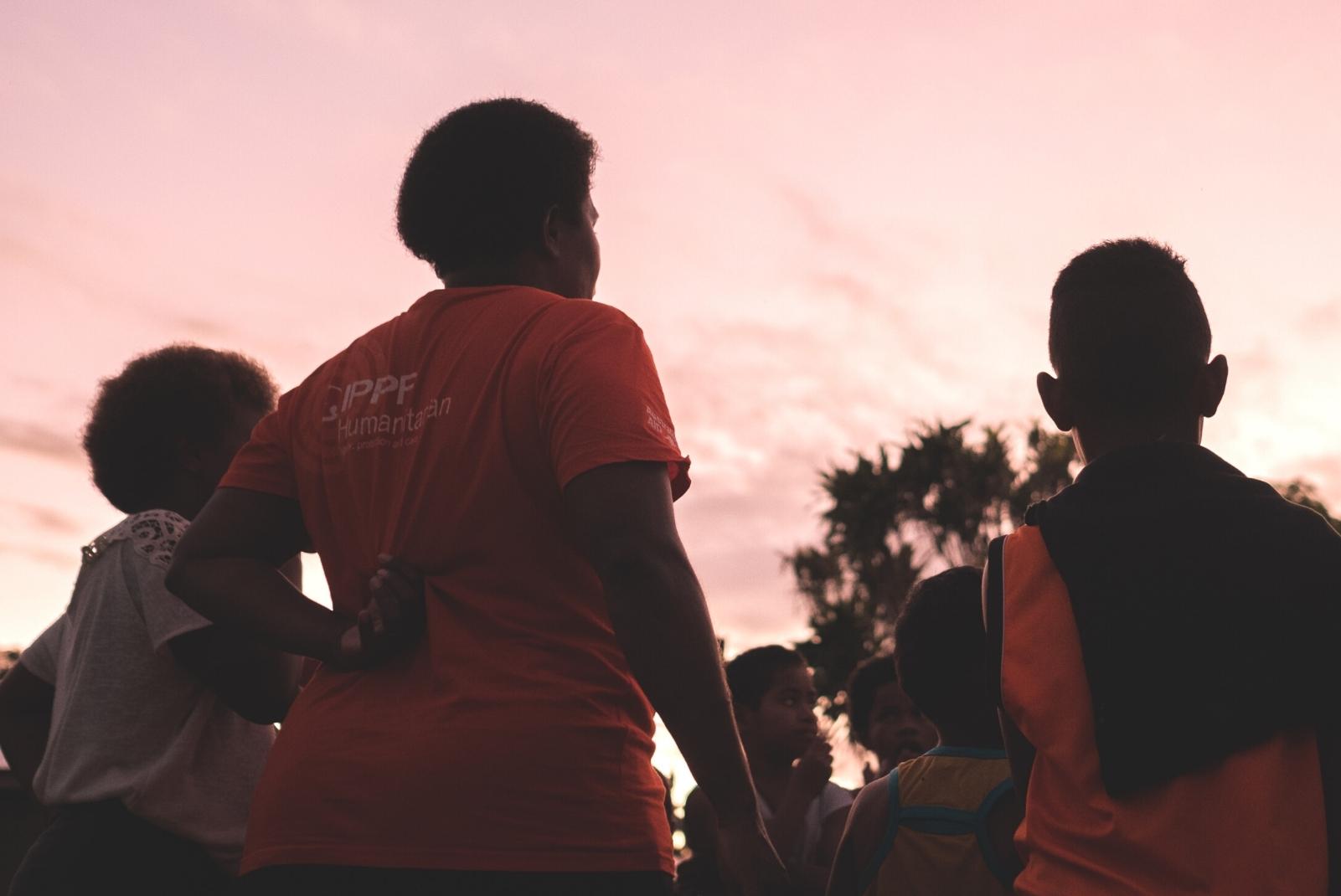Samoa Family Health Association
As the leading sexual and reproductive health rights (SRHR) service provider in Samoa, the Samoa Family Health Association (SFHA) delivers family planning and reproductive health services through three static clinics (two in Upolu and one in Savaii), and two mobile units (one in both islands) which visit rural areas and other outer islands three times a week to provide educational and contraceptive services to vulnerable communities.
The association as the leading and champion of SRHR within the country has been very active for the past years also acting as an advisor on SRHR to the Government of Samoa.
Our main strategic focus are to Champion Rights, to Empower Communities, to Serve the People, and to Unite and Perform.
Primary objectives:
- to galvanize and secure legislative policy and practice improvements;
- to encourage young people to access CSE education and information;
- to deliver rights based SRH services including for family planning;
- to enhance operational effectiveness and grow our volunteer and activist supporter base.
We work closely with other NGOs and private sector in the provision of services, creating an enabling environment for the association to provide SRHR services both awareness and clinically to workplaces.
SFHA is a major stakeholder of the Health Sector, and we work in close partnerships with other government ministries like the Ministry of Health, Ministry of Education, Sports & Culture, Ministry of Police, Ministry of Natural resources & Environment, National Human Rights Institute (Office of the Ombudsman), and others in the provision of services both awareness and clinically to the community at large.
We also collaborate closely with the Disaster Management Office in the provision of SRH and FP humanitarian services throughout the country, particularly for vulnerable communities.









